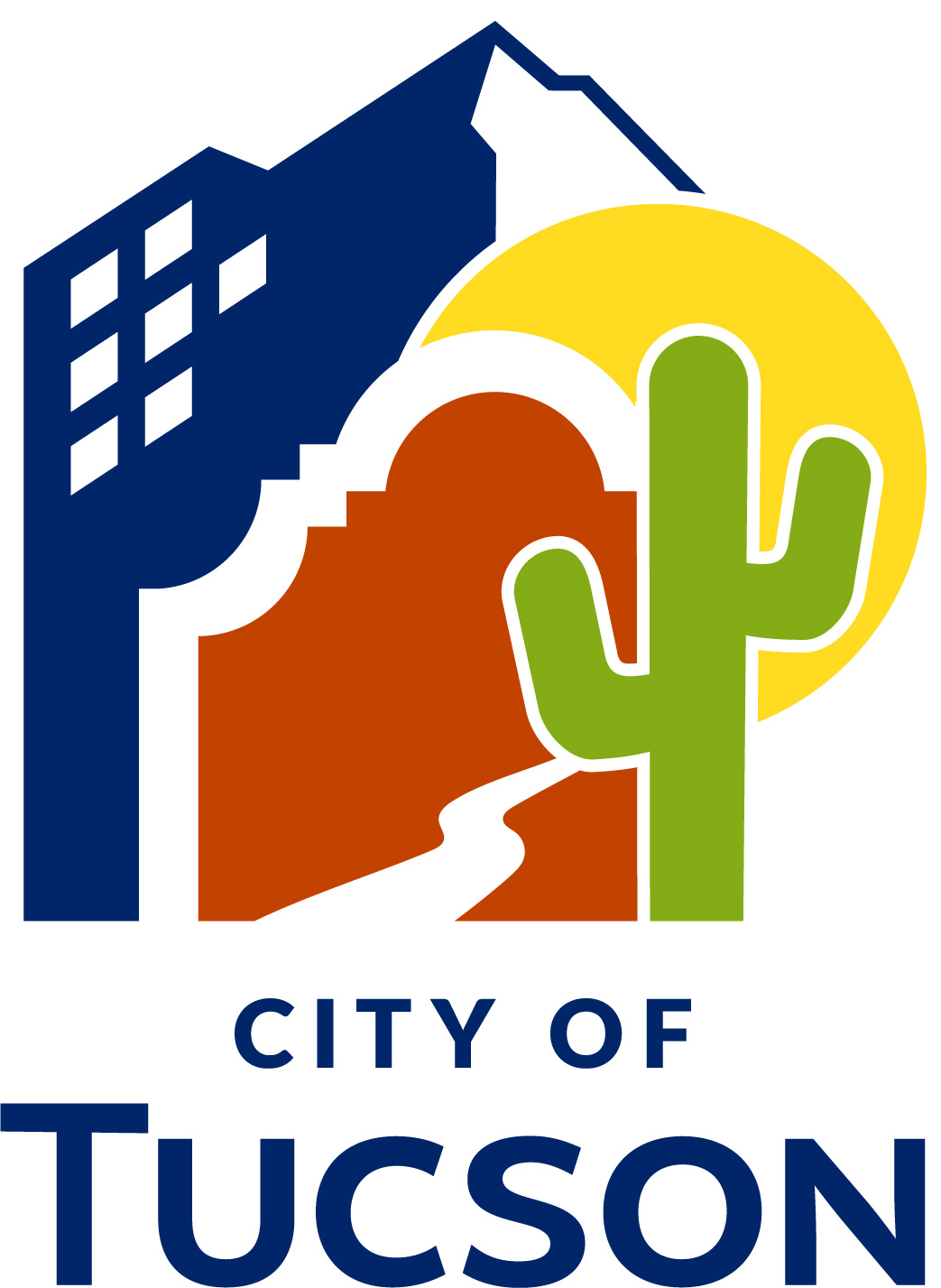
Water wins out in Tucson, Arizona, as the City Council unanimously rejected “Project Blue,” a massive data center campus proposed by Amazon. The 7-0 vote, reported by numerous outlets including Democracy Now!, AZ Luminaria, KJZZ, Newsweek, and AZPM News, effectively halts one of the largest development projects ever considered by the city. The decision underscores the growing tension between economic development and environmental concerns, particularly regarding water usage in drought-prone regions.
Table of Contents
Community Opposition and Water Concerns
The cancellation of Project Blue stems from significant community opposition centered around the project’s potential impact on Tucson’s water resources. Located in an area already grappling with drought conditions, residents and environmental groups voiced strong concerns about the data center’s projected water consumption. These concerns were amplified by a perceived lack of transparency surrounding the project’s planning and environmental impact assessments.
Newsweek reported that the scale of the proposed data center raised alarms, with critics pointing to the strain it could place on the city’s already limited water supply. Data centers, which require substantial cooling to maintain optimal operating temperatures for their servers, are known to be water-intensive. The arid climate of Tucson further exacerbates these concerns.
Transparency and Public Input
A key factor contributing to the council’s decision was the perceived lack of transparency surrounding Project Blue. Community members expressed frustration over the limited information available about the project’s specific water usage plans and its potential environmental consequences. This lack of transparency fueled distrust and strengthened opposition to the development.
AZ Luminaria highlighted the community’s demand for greater public input in the decision-making process. Residents felt that their voices were not adequately heard during the initial stages of the project’s planning, leading to a sense of disenfranchisement. This ultimately contributed to the widespread opposition that ultimately led to the project’s rejection.
Economic Development vs. Environmental Sustainability
The debate surrounding Project Blue highlights the complex balancing act between economic development and environmental sustainability. While the data center promised to bring jobs and investment to Tucson, its potential impact on the city’s water resources raised serious questions about the long-term viability of such a project. The City Council’s decision reflects a growing recognition of the importance of prioritizing environmental concerns, especially in regions facing water scarcity.
As reported by KJZZ, the council’s vote signals a shift in priorities, with environmental sustainability taking precedence over potential economic gains. This decision could set a precedent for future development projects in Tucson and other drought-prone areas, emphasizing the need for careful consideration of water usage and environmental impact.
Amazon’s Response and Future Implications
Following the City Council’s vote, Amazon has not yet issued a formal statement regarding the cancellation of Project Blue. It remains unclear whether the company will seek to revise its proposal or explore alternative locations for the data center. The outcome in Tucson could potentially influence Amazon’s future investment decisions in other regions facing similar environmental challenges.
The rejection of Project Blue underscores the growing importance of corporate social responsibility and the need for companies to engage proactively with local communities to address environmental concerns. Companies seeking to develop large-scale projects in environmentally sensitive areas must prioritize transparency, community engagement, and sustainable practices to gain public support and avoid similar setbacks.
Project Blue’s Cancellation: A Turning Point?
The unanimous decision by the Tucson City Council to reject Amazon’s Project Blue marks a significant moment in the ongoing debate over water resources, economic development, and community engagement. The extensive coverage by AZPM News and other outlets demonstrates the importance of this decision. By prioritizing environmental sustainability and responding to community concerns, the council has sent a clear message about the importance of responsible development in the face of climate change. This decision may serve as a catalyst for more sustainable and community-focused development strategies in Tucson and beyond.
